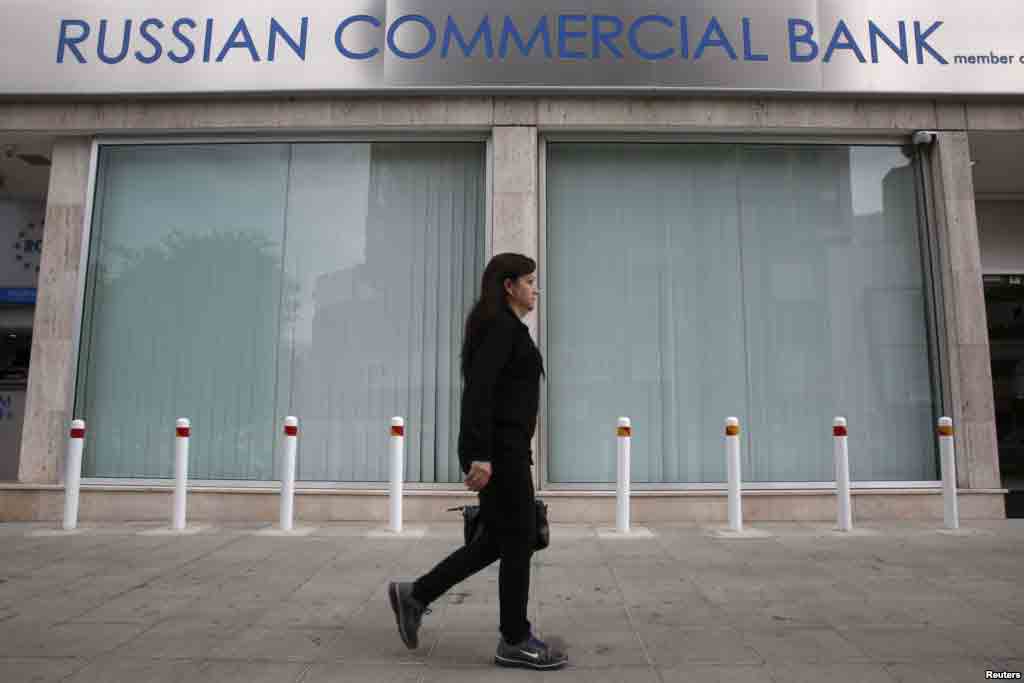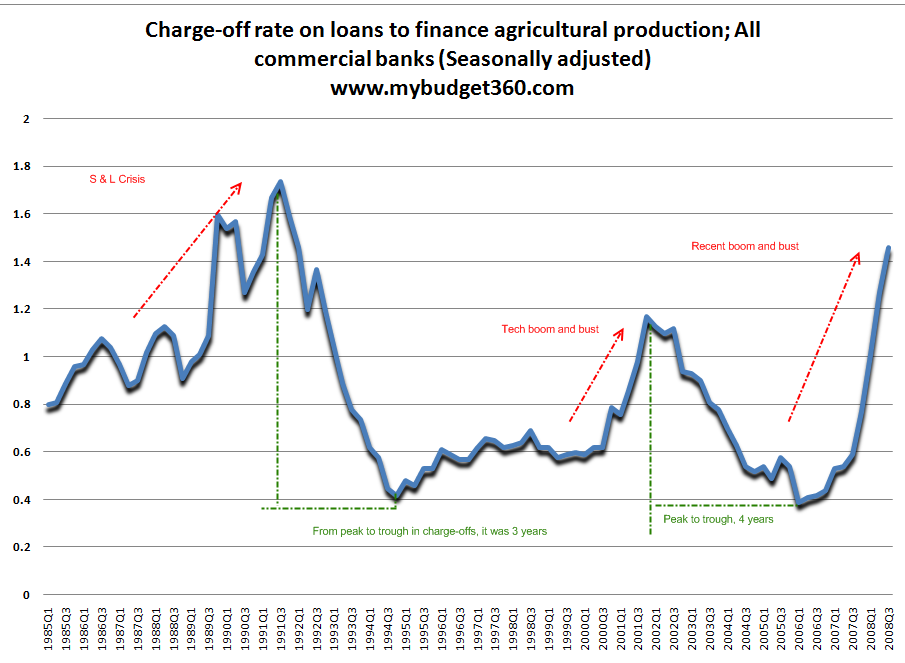
A commercial bank is a type of bank that provides services such as accepting deposits, making business loans, and offering basic investment products.
Commercial bank can also refer to a bank or a division of a bank that mostly deals with deposits and loans from corporations or large businesses, as opposed to individual members of the public (retail banking).
In the United States the term "commercial bank" was often used to distinguish it from an investment bank due to differences in bank regulation. After the Great Depression, through the Glass–Steagall Act, the U.S. Congress required that commercial banks only engage in banking activities, whereas investment banks were limited to capital market activities. This separation was mostly repealed in 1999 by the Gramm–Leach–Bliley Act but was restored by the Volcker Rule, implemented in January 2014 as part of the Dodd-Frank Act of 2010.
Origin of the term
Marcus Mariota TV Commercial “Origin†for First Hawaiian Bank - Marcus Mariota's commitment to himself is at the heart of this inspiring commercial for First Hawaiian Bank by MVNP. Learn more at fhb.com. MVNP: Official Site: ...
The name bank derives from the Italian word banco "desk/bench", used during the Renaissance era by Florentine bankers, who used to carry out their transactions on a desk covered by a green tablecloth. However, traces of banking activity can be found even in ancient times.
Some have suggested that the word "bank" traces its origins back to the Ancient Roman Empire, where moneylenders would set up their stalls in the middle of enclosed courtyards calledmacella, on long benches (each called a bancu), from which the words banco and bank are derived. As a moneychanger, the merchant at the bancu, did not so much invest money as merely convert the foreign currency into Imperial Mint, the only legal tender in Rome.
The role of commercial banks
- Processing payments via telegraphic transfer, EFTPOS, internet banking, or other
- Issuing bank drafts and bank cheques
- Accepting money on term deposit
- Lending money by overdraft, installment loan, or other
- Providing documentary credit, guarantees, performance bonds, securities underwriting commitments and other forms of off-balance sheet exposure.
- Cash management and treasury
- merchant banking and private equity financing
Types of loans granted by commercial banks

Secured loans
A secured loan is a loan in which the borrower pledges some asset (e.g., a car or property) as collateral for the loan, which then becomes a secured debt owed to the creditor who gives the loan. The debt is thus secured against the collateral — in the event that the borrower defaults, the creditor takes possession of the asset used as collateral and may sell it to regain some or all of the amount originally lent to the borrower, for example, foreclosed a portion of the bundle of rights to specified property. If the sale of the collateral does not raise enough money to pay off the debt, the creditor can often obtain a deficiency judgment against the borrower for the remaining amount. The opposite of secured debt/loan is unsecured debt, which is not connected to any specific piece of property and instead the creditor may only satisfy the debt against the borrower rather than the borrower's collateral and the borrower.A mortgage loan is a very common type of debt instrument, used to purchase real estate. Under this arrangement, the money is used to purchase the property. Commercial banks, however, are given security - a lien on the title to the house - until the mortgage is paid off in full. If the borrower defaults on the loan, the bank would have the legal right to repossess the house and sell it, to recover sums owing to it.
In the past, commercial banks have not been greatly interested in real estate loans and have placed only a relatively small percentage of assets in mortgages. As their name implies, such financial institutions secured their earning primarily from commercial and consumer loans and left the major task of home financing to others. However, changes in banking laws have allowed commercial banks to make more home mortgage loans.
In acquiring mortgages on real estate, these institutions follow two main practices. First, some of the banks maintain active and well-organized departments whose primary function is to compete actively for real estate loans. In areas lacking specialized real estate financial institutions, these banks become the source for residential and farm mortgage loans. Second, the banks acquire mortgages by simply purchasing them from mortgage bankers or dealers.
In addition, dealer service companies, which were originally used to obtain car loans for permanent lenders such as commercial banks, wanted to broaden their activity beyond their local area. In recent years, however, such companies have concentrated on acquiring mobile home loans in volume for both commercial banks and savings and loan associations. Service companies obtain these loans from retail dealers, usually on a non-recourse basis. Almost all bank/service company agreements contain a credit insurance policy that protects the lender if the consumer defaults.
Unsecured loan
Unsecured loans are monetary loans that are not secured against the borrower's assets (no collateral is involved). There are small business unsecured loans such as credit cards and credit lines to large corporate credit lines. These may be available from financial institutions under many different guises or marketing packages such as:- Bank overdrafts
- Corporate bonds
- Credit card debt
- Credit facilities or lines of credit
- Personal loans
Sometimes, the term "corporate bonds" is used to include all bonds except those issued by governments in their own currencies. Strictly speaking, however, it applies only to bonds issued by corporations, not to bonds of local authorities and supranational organizations.
Corporate bonds are often listed on major exchanges (bonds there are called "listed" bonds) and ECNs like Bonds.com and MarketAxess and the coupon (or interest payment) is usually taxable. Sometimes, this coupon can be zero, with a high redemption value. However, despite being listed on exchanges, the vast majority of trading volume in corporate bonds in most developed markets takes place in decentralized, dealer-based, over-the-counter markets.
Some corporate bonds have an embedded call option that allows the issuer to redeem the debt before its maturity date. Other bonds, known as convertible bonds, allow investors to convert the bond into equity.
Corporate credit spreads may alternatively be earned in exchange for default risk through credit default swaps, which give an unfunded synthetic exposure to similar risks on the same "Reference Entities". However, quite volatile credit default swaps "basis" make the spreads on credit default swaps and the credit spreads on corporate bonds be significantly different.
Primary functions
Commercial banks perform various functions:- Commercial banks accept various types of deposits from public especially from its clients, including saving account deposits, recurring account deposits, and fixed deposits. These deposits are payable after a certain time period
- Commercial banks provide loans and advances of various forms, including an overdraft facility, cash credit, bill discounting, money at call etc. They also give demand and demand and term loans to all types of clients against proper security.
- Credit creation is the most significant function of commercial banks. While sanctioning a loan to a customer, they do not provide cash to the borrower. Instead, they open a deposit account from which the borrower can withdraw. In other words, while sanctioning a loan, they automatically create deposits, known as a credit creation from commercial banks.
Secondary functions
Along with primary functions, commercial banks perform several secondary functions. The secondary functions of commercial banks can be divided into agency functions and utility functions.Agency functions include:
- To collect and clear cheques, dividends and interest warrant.
- To make payments of rent, insurance premium, etc.
- To deal in foreign exchange transactions.
- To purchase and sell securities.
- To act as trustee, attorney, correspondent and executor.
- To accept tax proceeds and tax returns.
- To provide safety locker facility to customers.
- To provide money transfer facility.
- To issue traveller's cheque.
- To act as referees.
- To accept various bills for payment: phone bills, gas bills, water bills, etc.
- To provide merchant banking facility.
- To provide various cards: credit cards, debit cards, smart cards, etc.
See also
- Assets and Liabilities of Commercial Banks in the United States
- Mortgage constant
- Glass-Steagall Act (1933)
- Gramm–Leach–Bliley Act (1999)
- Dodd-Frank Act of 2010

- Brunner, Allan D.; Decressin, Jörg; Hardy, Daniel C. L.; Kudela, Beata (2004-06-21). "Germany's Three-Pillar Banking System: Cross-Country Perspectives in Europe". International Monetary Fund. ISBN 1-58906-348-1. ISSN 0251-6365. Abstract
- Khambata, Dara (1996). The practice of multinational banking: macro-policy issues and key international concepts (2nd ed.). New York: Quorum Books. p. 320. ISBN 978-0-89930-971-2.Â
- Commercial Banks directory and guidelines Commercial Banks

Post a Comment